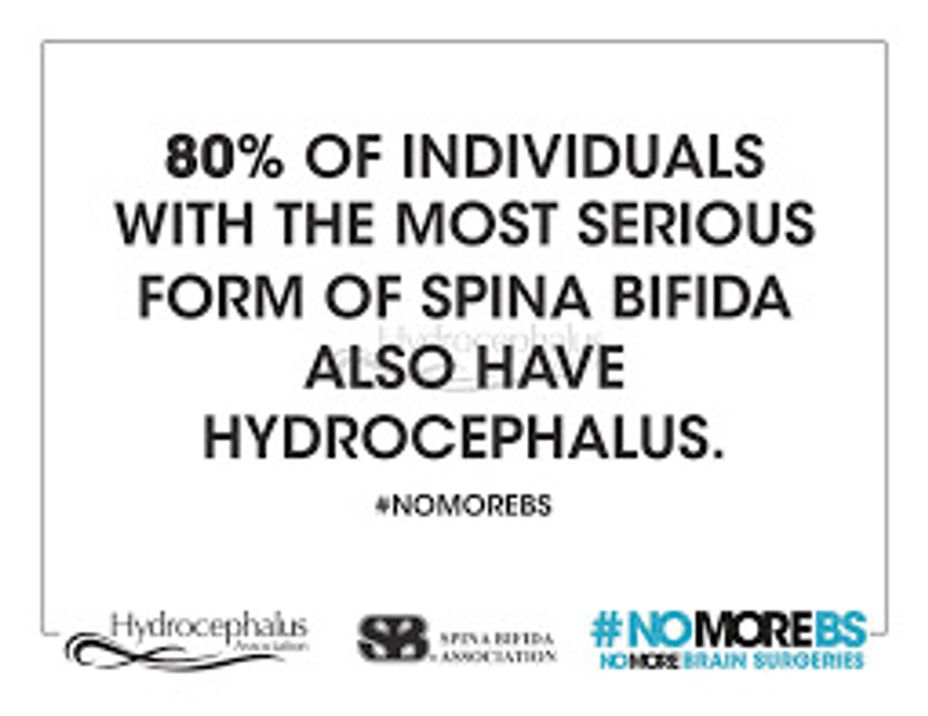I'm new here!
Hi, my name is Harley1973. I'm looking for some insight on some of the conditions I have
#MightyTogether #Anxiety #Depression #ADHD #OCD #Grief #Hydrocephalus
Hi, my name is Harley1973. I'm looking for some insight on some of the conditions I have
#MightyTogether #Anxiety #Depression #ADHD #OCD #Grief #Hydrocephalus
I am writing this because I have been in therapy and am still afraid at 65 to tell what I am feeling as true feelings. I have been in therapy for years for being different. I have a condition known as hydrocephalus. I needed to go to the hospital to get my life saved. When a person is born not all of their physical appearance is solidified. My skull was not solidified because of my not being developed yet. For this reason, I had fluid building up in my head which needed a place to travel so I would be like normal kids. It didn't have that place, so my head started to get bigger than other "kids". The doctor who worked on me put a shunt inside me that gave the fluid a place to go like normal people. My head got bigger which made me different in appearance. Through many trips to the doctor I managed to come out alive.
I have led a very lonely life because of people making fun of me and the size of my head. I did not have many friends and still to this day don't. I am trying to make the best of what I have to work with but self-esteem issues have taken its toll on me. I have not had a girlfriend since I was out of high school in 1976. I have been afraid to talk about this because of the tremendous ridicule I got from being made fun of. I was so hurt from the ridicule I got that I was to afraid to talk about it. Nobody would have listened to me so I kept it all to myself. Internalizing like I did has cost me connection issues. This is my first post. I hope by connecting with people here, the internal emotional wounds I have will be healed but it will take quite a bit of work to do it.
Part 1 of 2 “There was something unusual on your MRI.” My doctor’s unsettling words threw me into a whirl of emotions. He read the radiology report aloud: “Moderate-to-severe obstructive hydrocephalus due to aqueductal stenosis, likely congenital…” The term ‘hydrocephalus’ sounded vaguely familiar, probably something I’d heard on Grey’s Anatomy, but its actual implications remained hazy. A rapid Google search painted a clearer, albeit daunting picture: hydrocephalus involved a blockage in the flow of cerebrospinal fluid (CSF) in the brain. This led to enlarged ventricles and increased intracranial pressure. The gravity of the situation hit hard when I read the primary solution – neurosurgery. Without treatment, I read, it could be life-threatening.
Ironically, the MRI was just a precaution due to my family history of MS. I’d been dealing with chronic headaches and double vision, dismissed as stress. Little did I know, I was facing what sounded like a ticking time bomb in my brain.
A Backward Glance
Obstructive hydrocephalus is typically identified and treated in infancy. A telltale sign: publications.aap.org/pediatrics/article-abstract/121/3/e416/.... Combing through my baby records, I found that my head circumference surged from the 5th percentile at birth to a whopping 97th by 15 months. This, paired with some mild motor milestone delays, seemed like missed warning signs in hindsight (and explains why my parents struggled so much to find me hats that fit). Yet, here I was, confronting this diagnosis at 20.
The puzzle deepened when I learned that my clinical presentation fit what is termed www.thieme-connect.com/products/ejournals/abstract/10.1055/s.... In such cases, despite congenital obstructions like the narrowing of the aqueduct of Sylvius, the brain ingeniously adapts to the gradual CSF buildup. This is often achieved by increasing skull size to counterbalance the rising intracranial pressure, which could explain my childhood head growth spurt. While this adaptation may remain stable for years, a number of triggers, including (even minor) pubmed.ncbi.nlm.nih.gov/12715191, pubmed.ncbi.nlm.nih.gov/15446589, or oftentimes unknown factors, can lead to decompensation, requiring surgical intervention. Rarely, acute decompensation could even result in pubmed.ncbi.nlm.nih.gov/11508798. I couldn’t help but worry, was my condition heading in a similar direction?
Becoming the Case
This question marked the beginning of a complex medical journey. My symptoms, although evident, didn’t mirror acute hydrocephalus or its rapid progression. Whether my condition was compensated or decompensated was a matter of debate, and so was my need for treatment. As a psychology student who had taken many neuroscience courses, neurological case studies were familiar and intriguing. Feeling like a living case study, however? Much less thrilling.
While immersing myself in research, I discovered two primary categories of chronic obstructive hydrocephalus in adulthood: long-standing overt ventriculomegaly in adults (LOVA) and late-onset idiopathic aqueductal stenosis (LIAS). www.researchgate.net/publication/360228825_Open-aqueduct_LOV..., especially because LOVA often also involves some degree of aqueductal stenosis. Diagnostic criteria are still a matter of debate, and some researchers even argue that LIAS is not a distinct entity at all, but a subtype of LOVA. All of this to say, I found myself with more questions than answers.
The Waiting Game
Nearly two years after my initial MRI (gotta love Canada’s wait times), a neurologist’s examination and a subsequent MRI revealed slight progression, a small increase in the size of the ventricles. Yet, neurosurgery, what I thought to be the only solution, was sidelined. This was simultaneously relieving and anxiety-inducing; I was still uneasy about what living with an untreated, seemingly progressive condition might entail. It certainly didn’t help that conversations with my neurologist often felt circular. “Your MRI isn’t showing signs of elevated pressure, so surgery isn’t warranted now,” he’d say. But when I’d press about my symptoms, the response would hint at increased ICP, yet again negated by the MRI results. This left me frustrated, toggling between relief over avoiding surgery and anxiety about my symptoms.
Despite my frustrated confusion, I understood the essence of what was being sai

Part 2 of 2 d: the risks of surgery currently outweighed the benefits. My course of action became a waiting game, punctuated by periodic MRIs.
Navigating an Uncertain Path
This uncertain trajectory, especially with the gradual changes in my brain, is daunting. My fears about the future sometimes send me into a downward spiral. I go through periods where I don’t think about it so much, but then a bad headache hits and I can’t help but wonder, “Is this it?”
Yet, in this challenging situation, I’m also amazed at the resilience of the human brain. It’s quite remarkable to think that my developing brain compensated for all those years – and continues to do so, to some degree. This discovery has certainly made me appreciate my brain more; I try not to take a single moment for granted, because I’m acutely aware of how quickly things could turn. But, then again, isn’t that true of life?

Picture description: “80% of individuals with the most serious form of Spina Bifida also have Hydrocephalus “

Picture description: STRENGTH IS SOMEONE FIGHTING SPINA BIFIDA & HYDROCEPHALUS WITH A SMILE ON THEIR FACE! #SpinaBifida #Hydrocephalus #Youarestrong #strength
Hi, my name is MollyASAP2024. I'm here because
#MightyTogether #ChiariMalformation #Syringomyelia #Hydrocephalus #EhlersDanlosSyndrome

One thing that I am trying to do during my #IntentionalOctober is trust my path and lean on my faith - I am doing okay so far but I will humbly admit nights are hard thank you to The Mighty staff for uplifting quotes such as this #MentalHealth #Depression #Anxiety #PTSD #Hydrocephalus #AgenesisOfTheCorpusCallosum